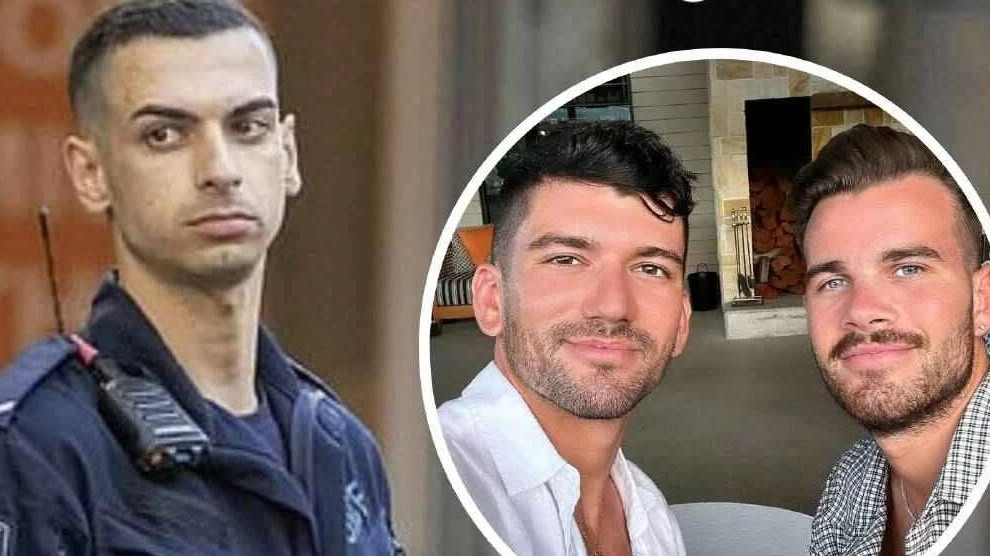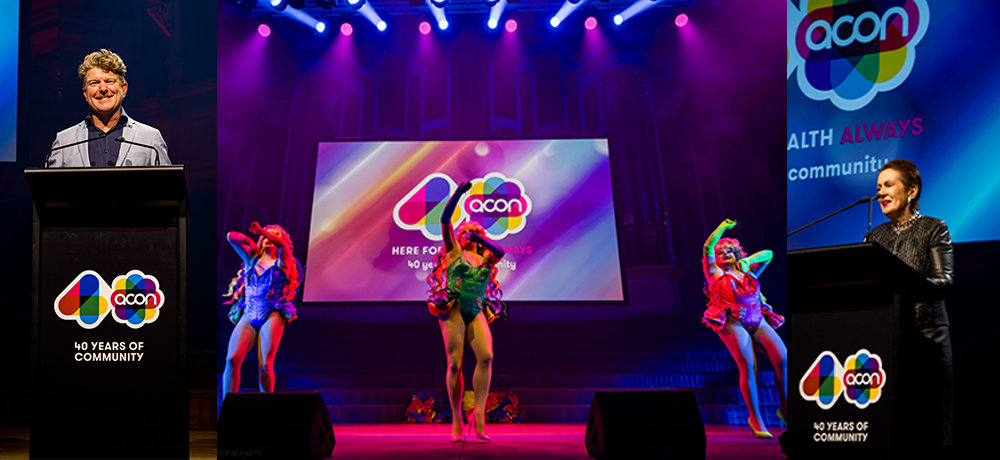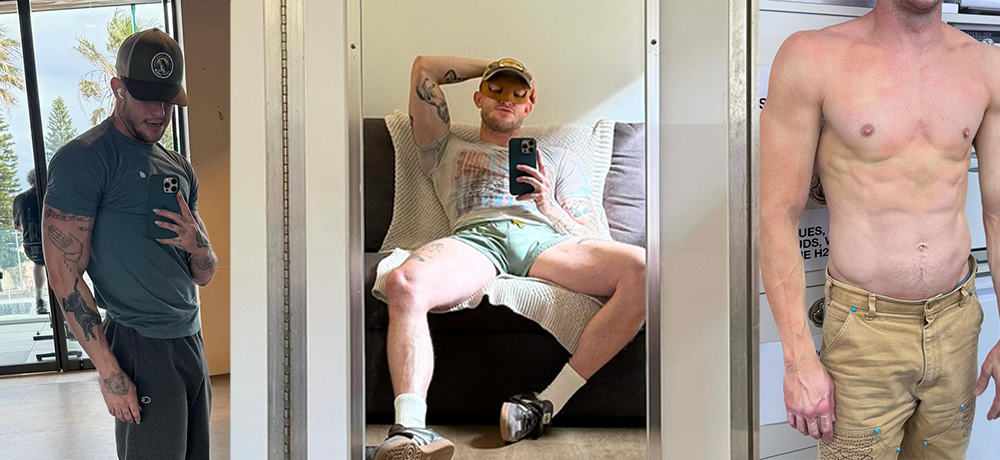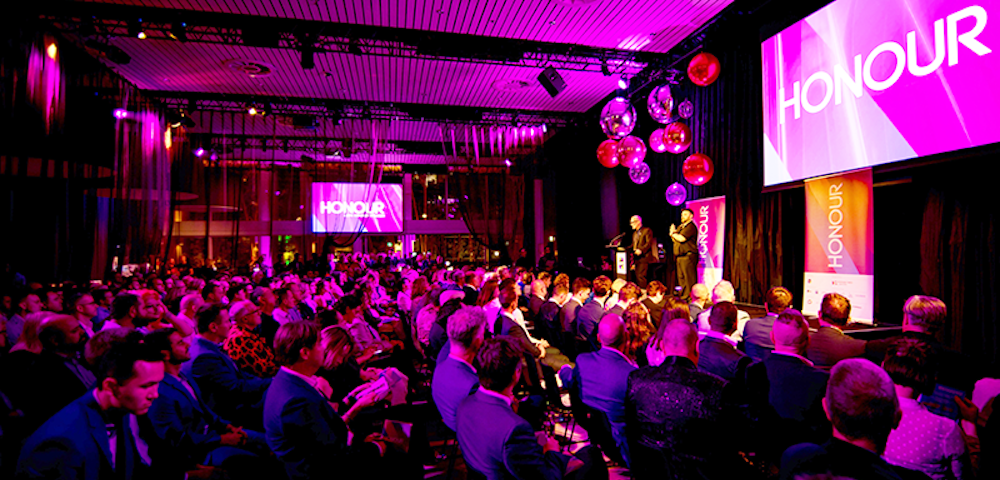
Road to recovery
As a Sydney restaurant manager in the late 1990s, Myles* marked the end of each shift with a few drinks. On weekends, he would again reach for alcohol, often supplemented with recreational drugs.
Myles said he wasn’t obviously alcoholic during that period, but he had been drinking and using drugs since he was 17.
It was deceptive. I’d have a few beers after work and probably a couple of big nights on the weekend, Myles, now 34, said.
I wasn’t really one to get up and drink during the day or anything like that. It was just kind of cumulative.
By the time Myles reached his 30s, he said, My life was a big mess, I guess. There were just all little things, like some unpaid fines and health issues.
I just projected ahead and thought: -˜If I keep going on this path, then I am going wake up at 50 and [wonder] what the hell’s happened to my life.’
Myles decided to start attending Alcoholics Anonymous meetings. But his experience would be somewhat different from that of the estimated two million AA members worldwide.
After attending general AA meetings around Sydney for about a year, Myles began going to meetings affiliated with Rainbow Recovery Club, a Surry Hills-based group that provides rooms for recovery programs intended primarily for the gay and lesbian community.
Rainbow Recovery Club was formed about three years ago to provide a permanent venue for LGBT-friendly recovery programs that use the AA framework, including Narcotics Anonymous and Workaholics Anonymous.
The meetings generally are people who have recovered from alcoholism or addiction talking about how they did it, the sort of things they went through, and giving their own personal example to others, Rainbow Recovery spokesperson Howard* said.
As at all groups based on the AA model, only first names are given at the forums, and an emphasis is placed on sharing experiences.
The 12-step program is one where we work through, identifying where alcohol has made a problem in the life and sort of working through a program to get away from alcohol for a time and just learning to live without it.
Howard said the Rainbow Recovery Club-affiliated meetings work for LGBT people because of the supportive environment they provide.
Sharing what goes on at dance parties, sharing what goes on in the gay clubs and the sex venues, is more comfortable [at LGBT-specific meetings], he said.
It’s much better to be doing that among people who have been through it themselves, who are gay themselves, and who aren’t going to be shocked or disapproving.
Yet while Myles said his experience with AA had been amazing and he hasn’t touched alcohol or drugs in four years, AA’s 12-step model has drawn criticism for its use of the label alcoholic and its spiritual leanings.
A lot of it’s about reviving a pretty dead spirit, by the time people get to the organisation, Howard said.
But he said AA was absolutely not a religion, even if its 12-step model makes several references to God.
One alternative to AA-based programs is the Self-Management And Recovery Training (SMART) approach. Like AA, SMART originated in the United States. It employs a cognitive behavioural approach to drug and alcohol recovery.
Its self-help strategy focuses on the beliefs and emotions that lead people to drink or use drugs, and teaches self-monitoring exercises.
A SMART group for crystal meth users began at ACON in Surry Hills earlier this year after running for 18 months at St Vincent’s Hospital. St Vincent’s also runs general SMART alcohol and drug recovery groups.
We look at the thoughts around people’s use, James Villamor, facilitator of the crystal meth SMART group, said.
It doesn’t label people as addicts. It’s all about the way the person thinks about their recovery.
But whatever the choice of program, recovery from alcohol and drug problems is likely to be a long-term process, according to Dr Alex Wodak, director of St Vincent’s Alcohol and Drug Service.
People often do well for a while and then unexpectedly and alarmingly do very badly for a while, Wodak said.
One of the main things is that we have to be realistic.
*To protect identity, surnames have not been used
To find out more about Rainbow Recovery Club visit its website. Another group that uses the 12-step AA model, Crystal Meth Anonymous, was due to begin weekly meetings in Surry Hills on Tuesday 16 August. For more information call Stuart on 0410 324 384. For St Vincent’s Hospital SMART program information call Josette Freeman on 9361 8024. Details of recovery programs across NSW are available from the Alcohol and Drug Information Service on 9361 8000.









